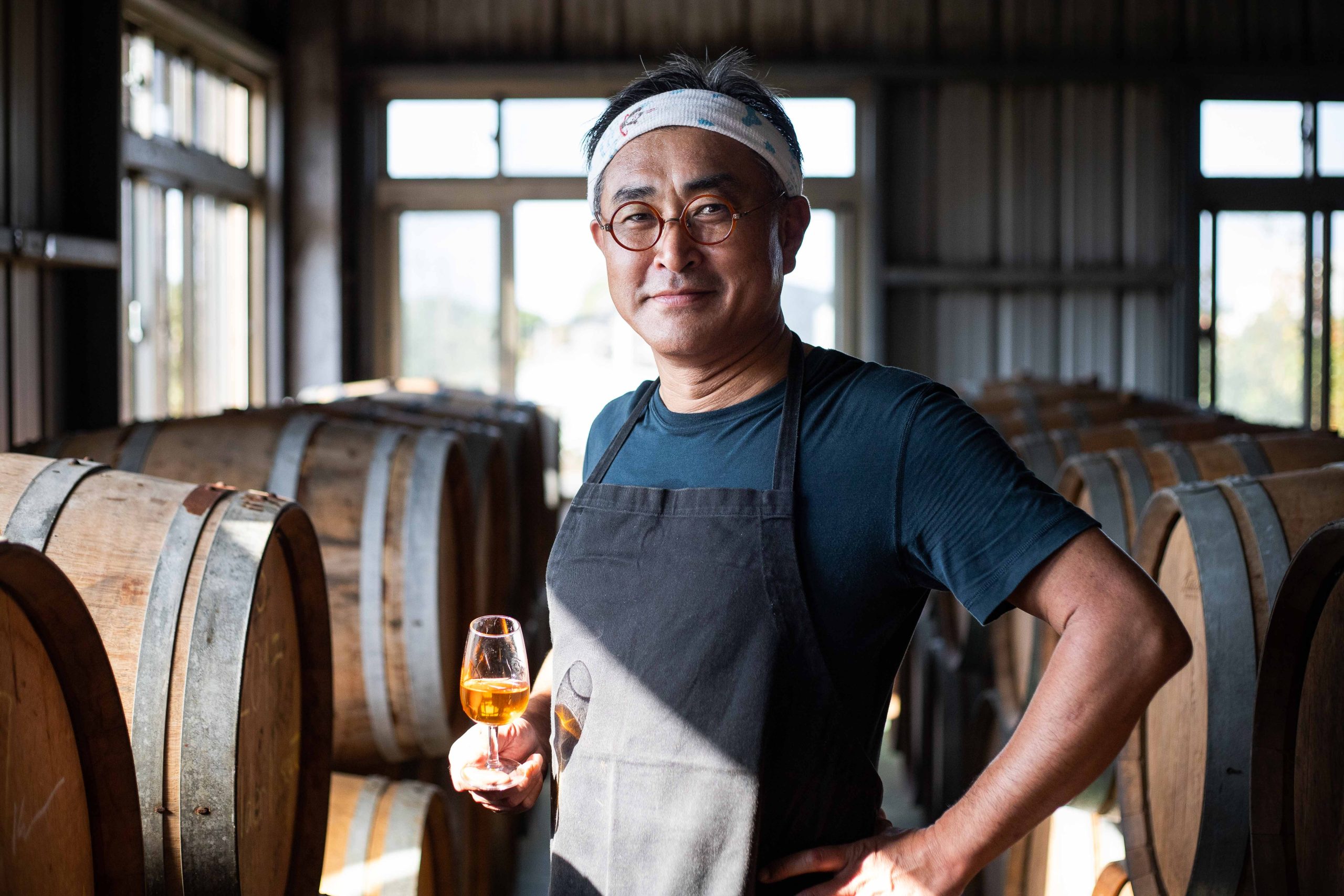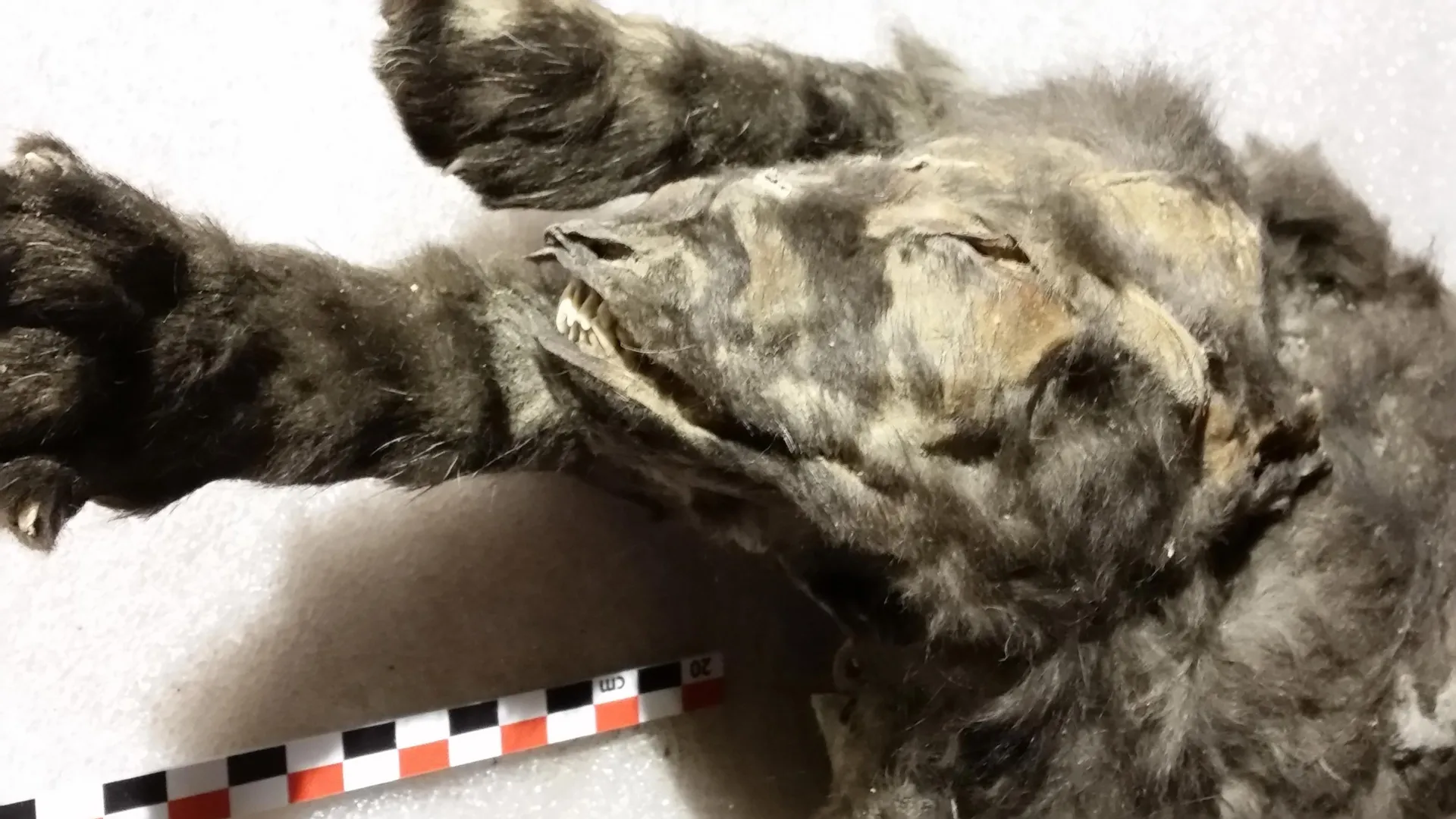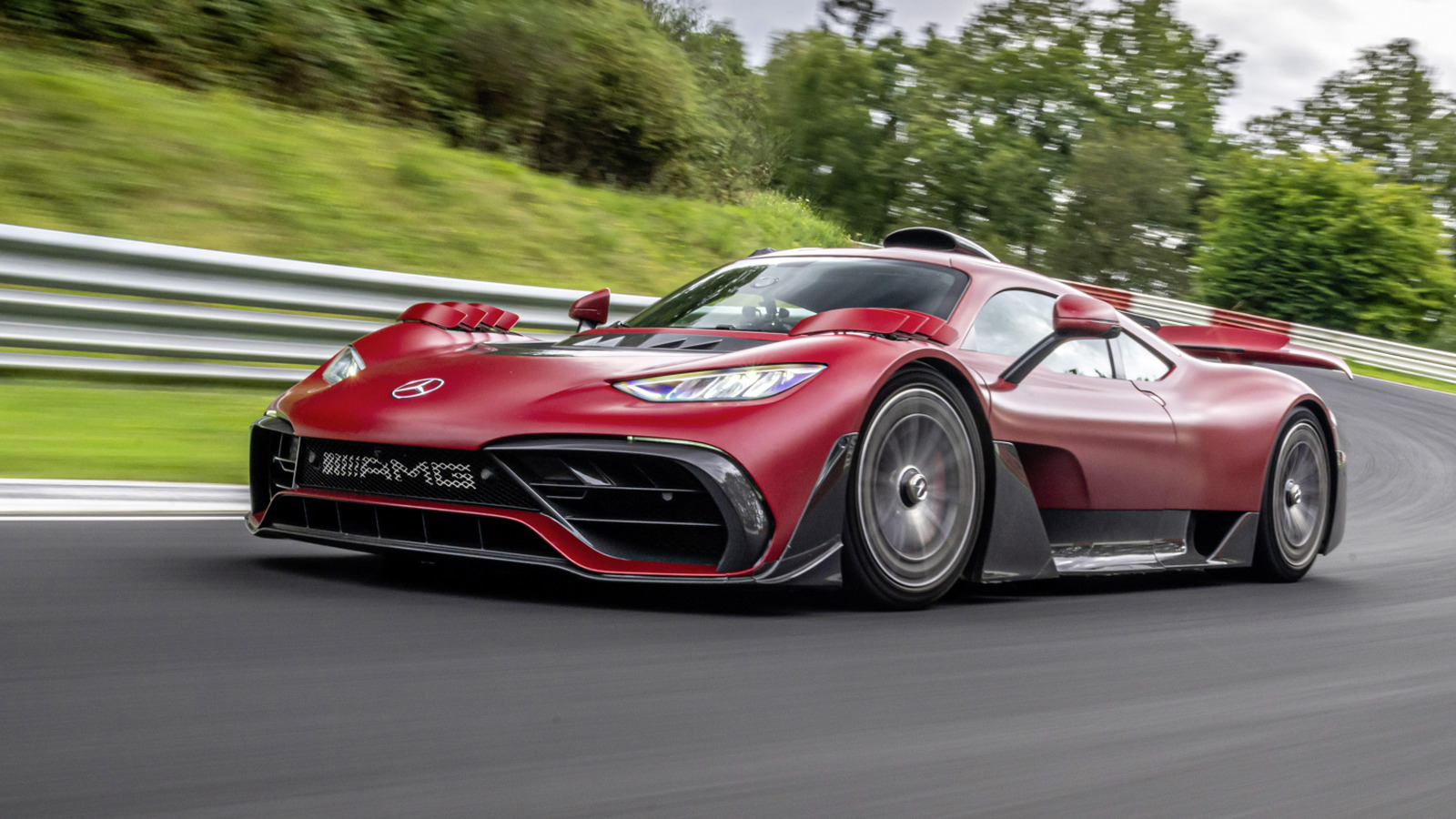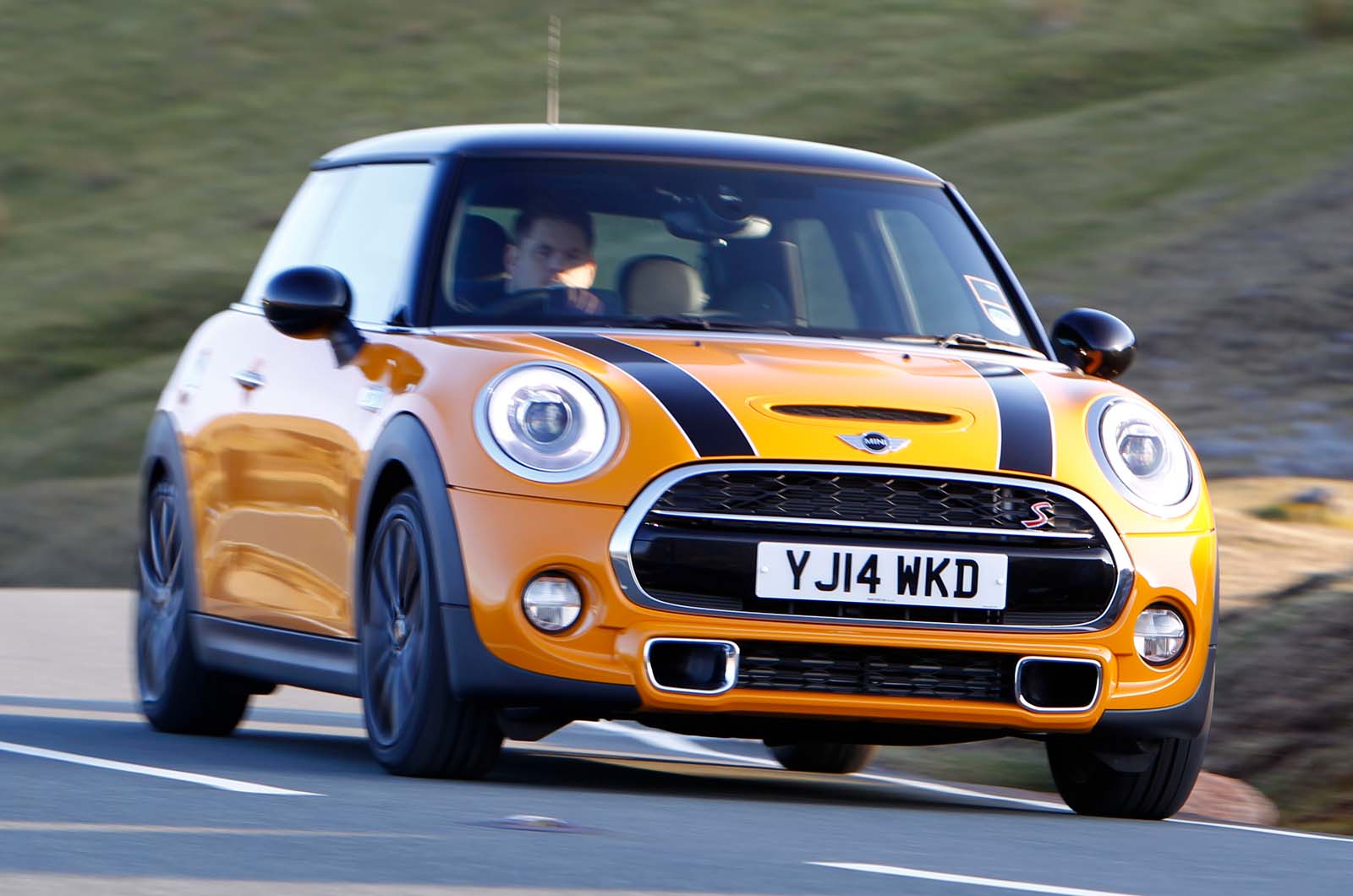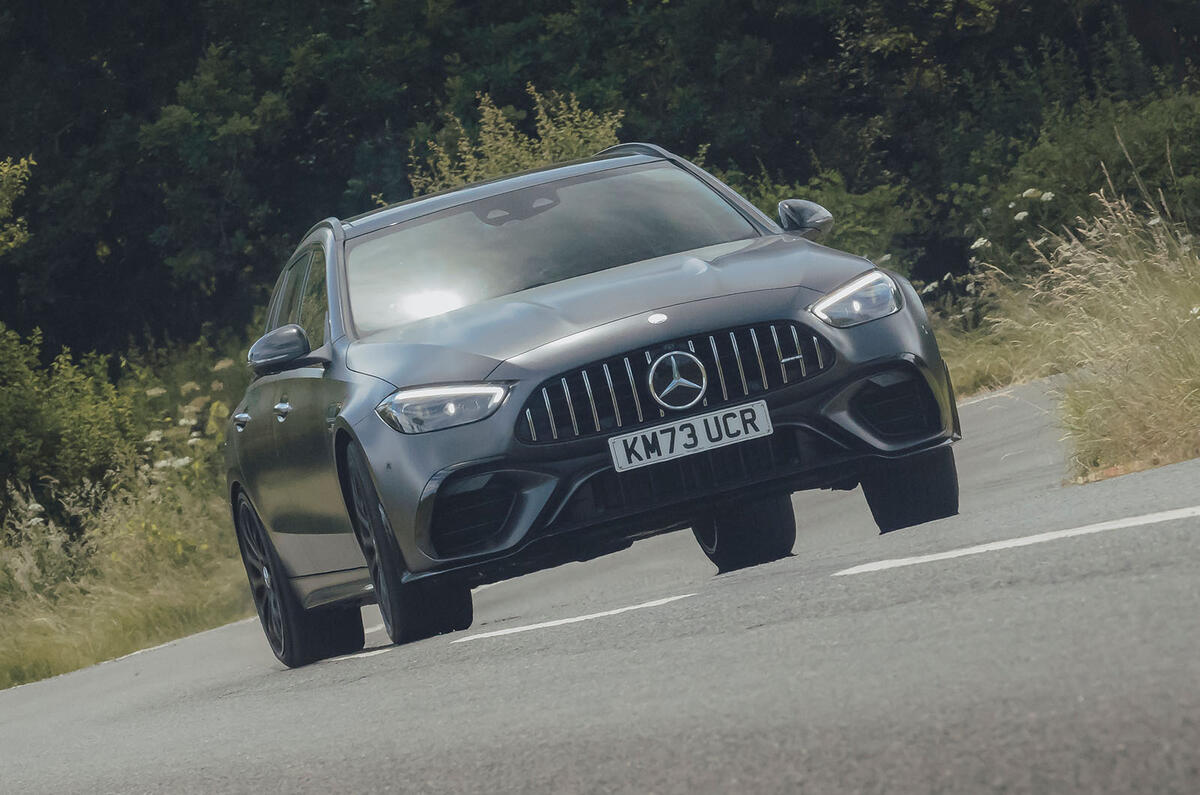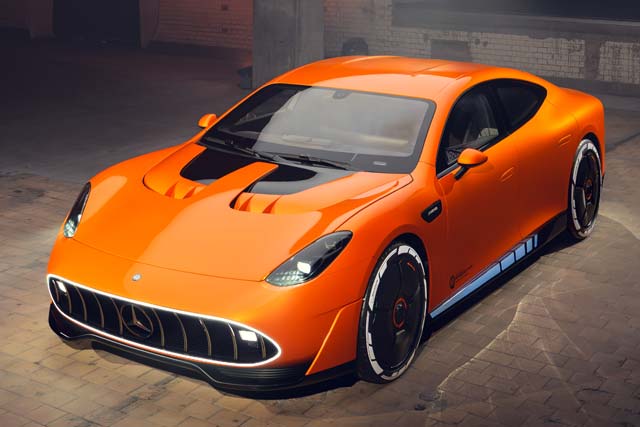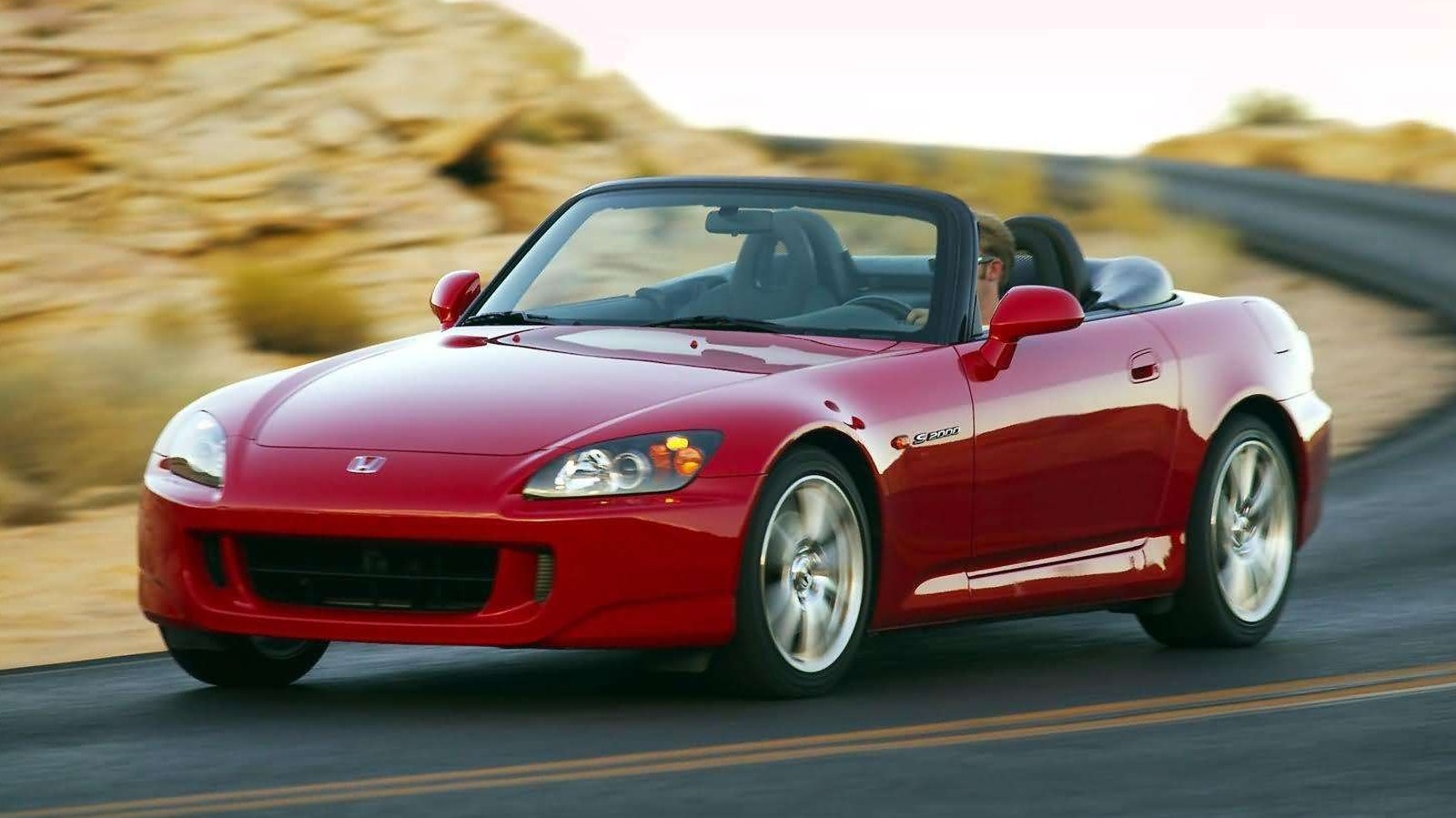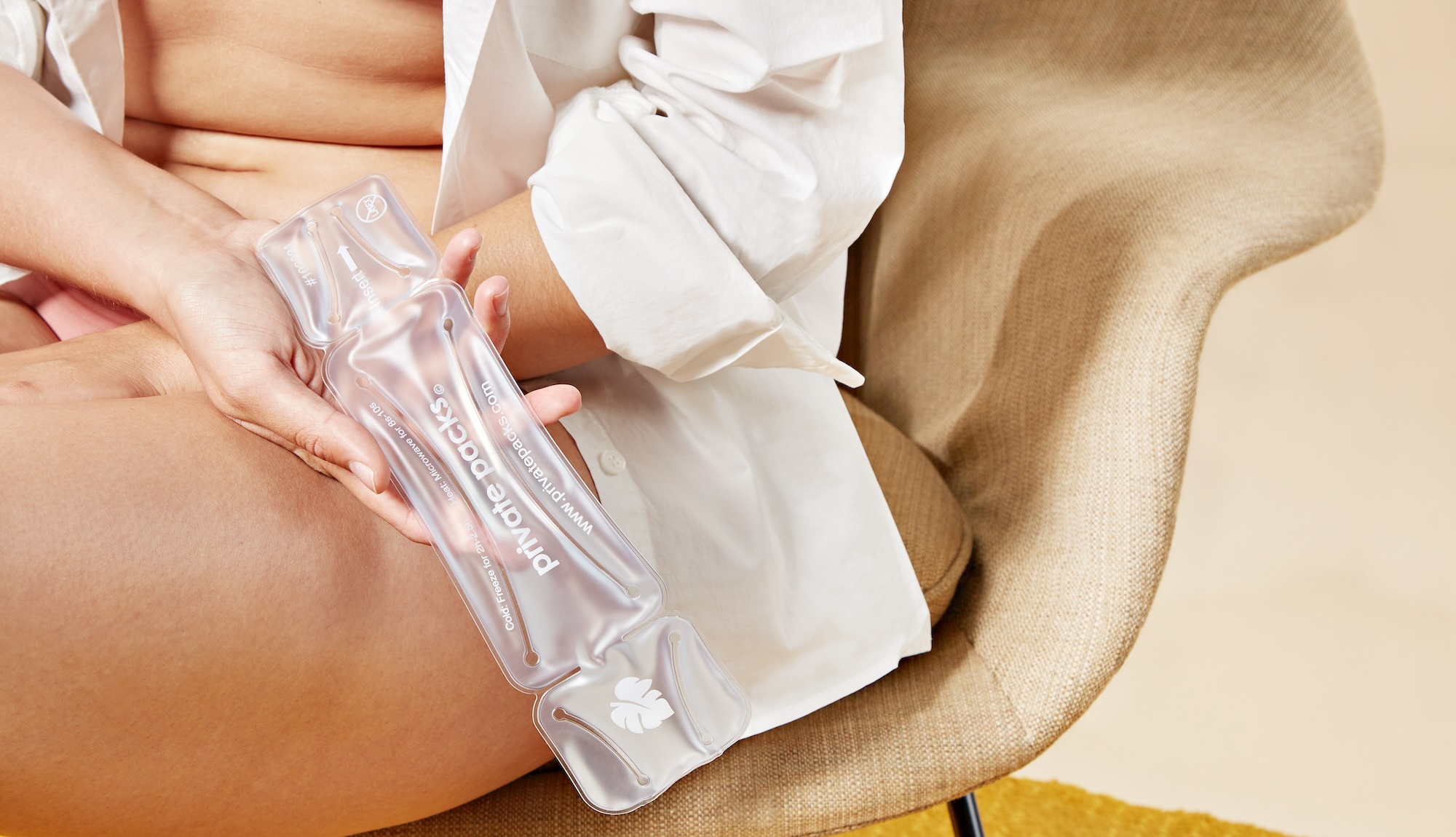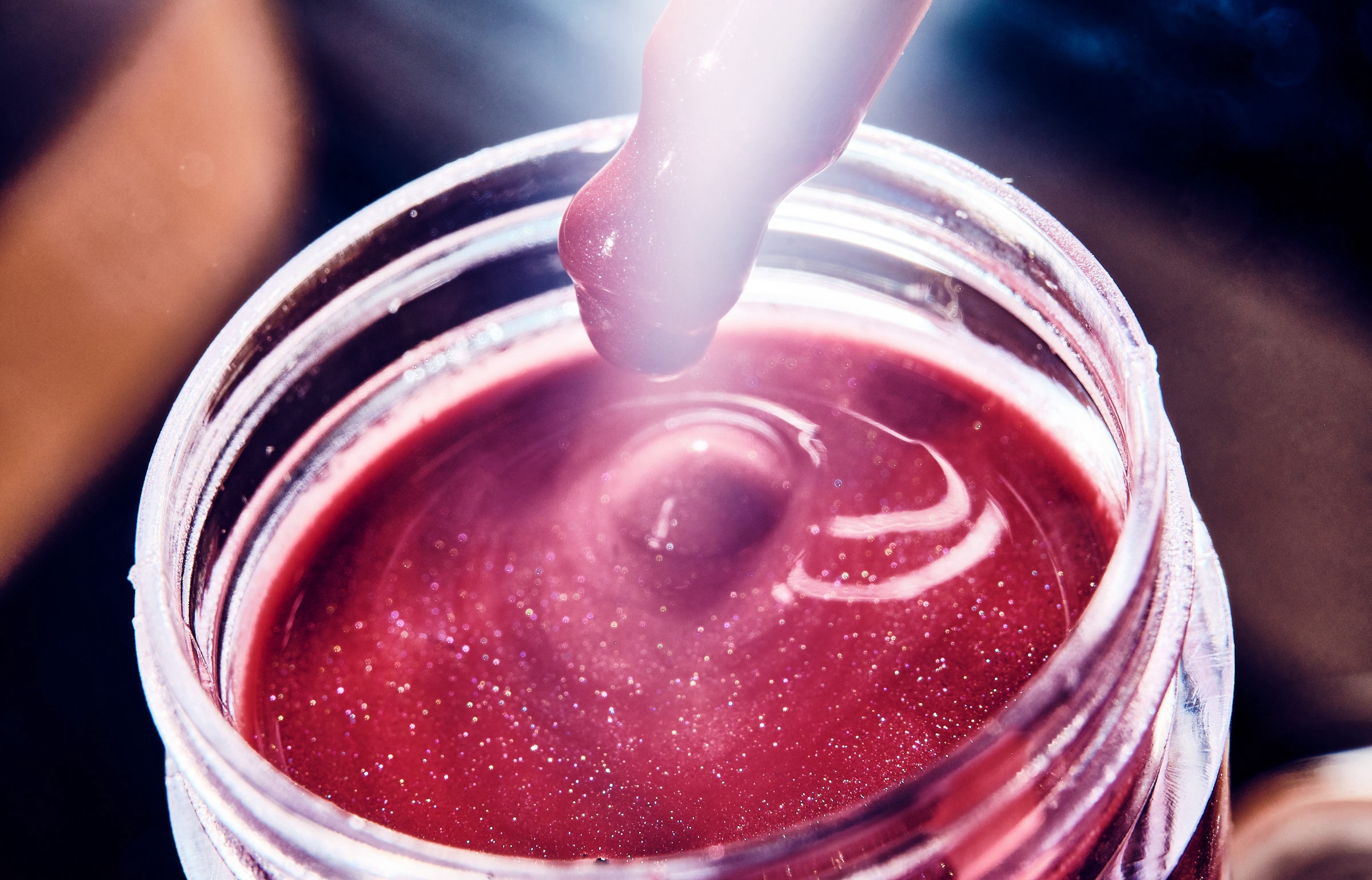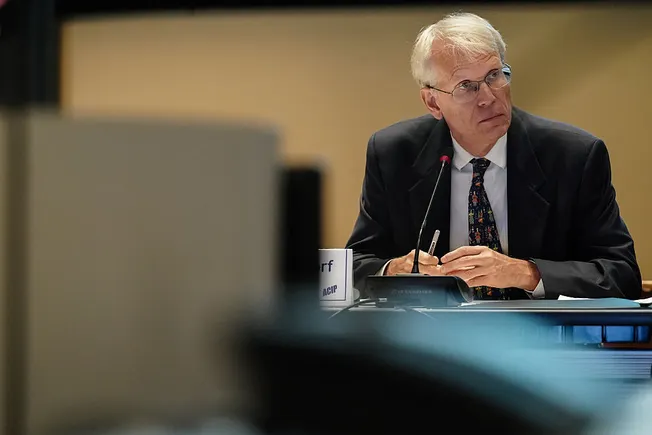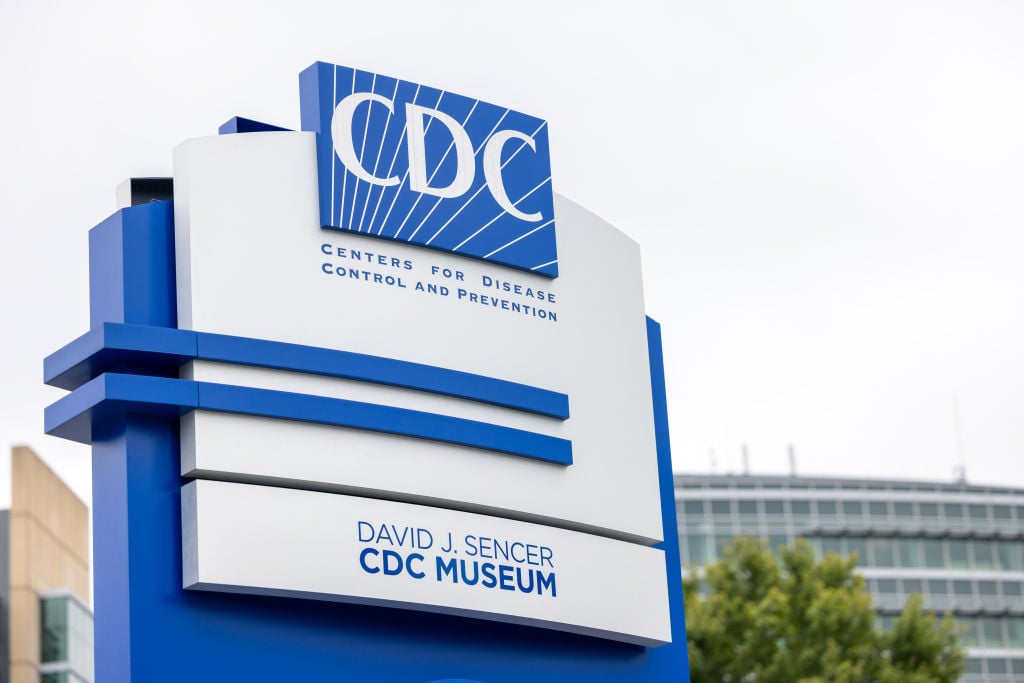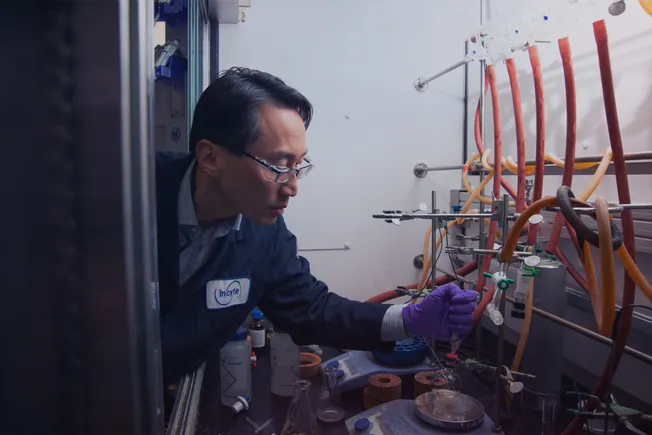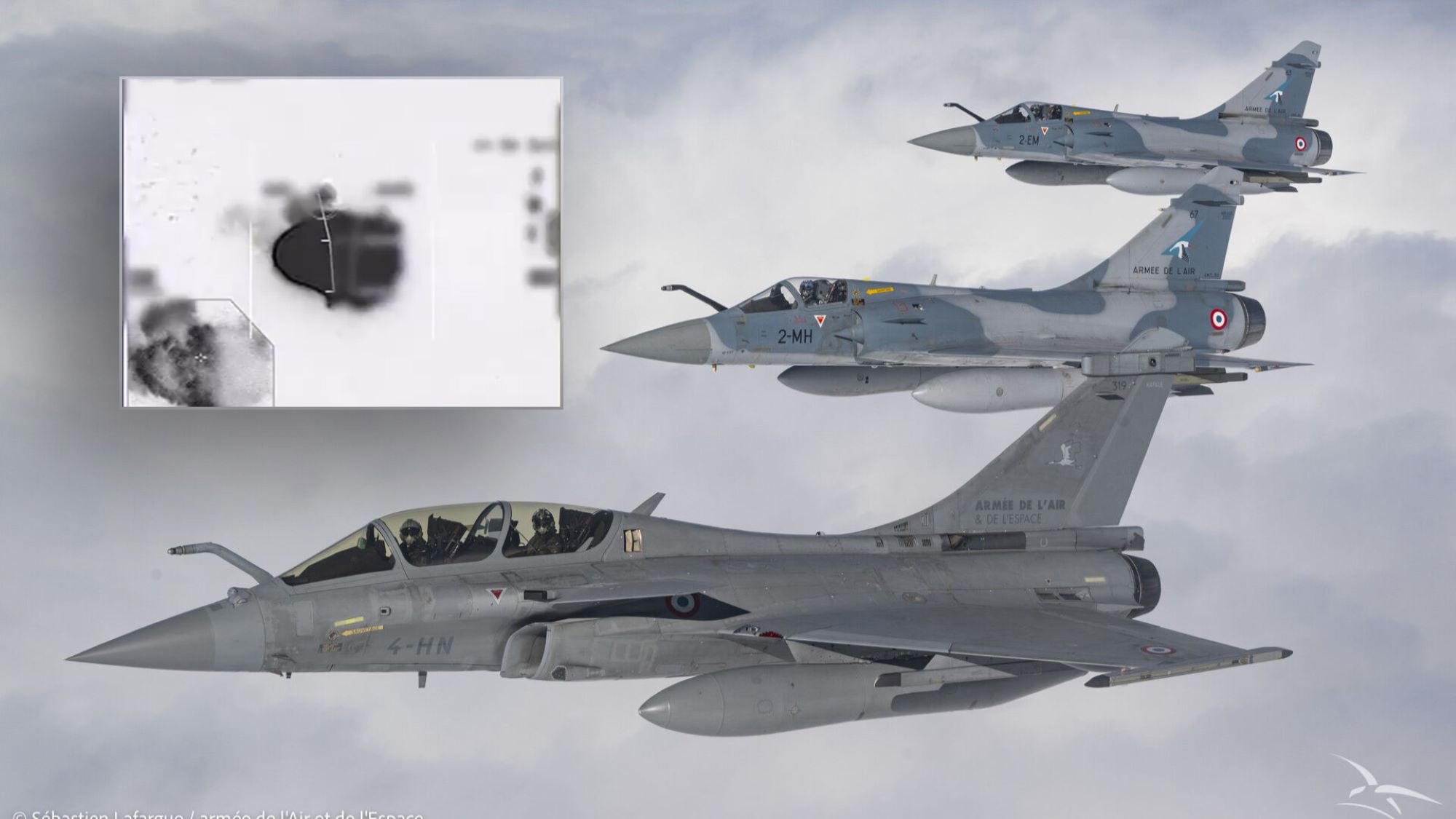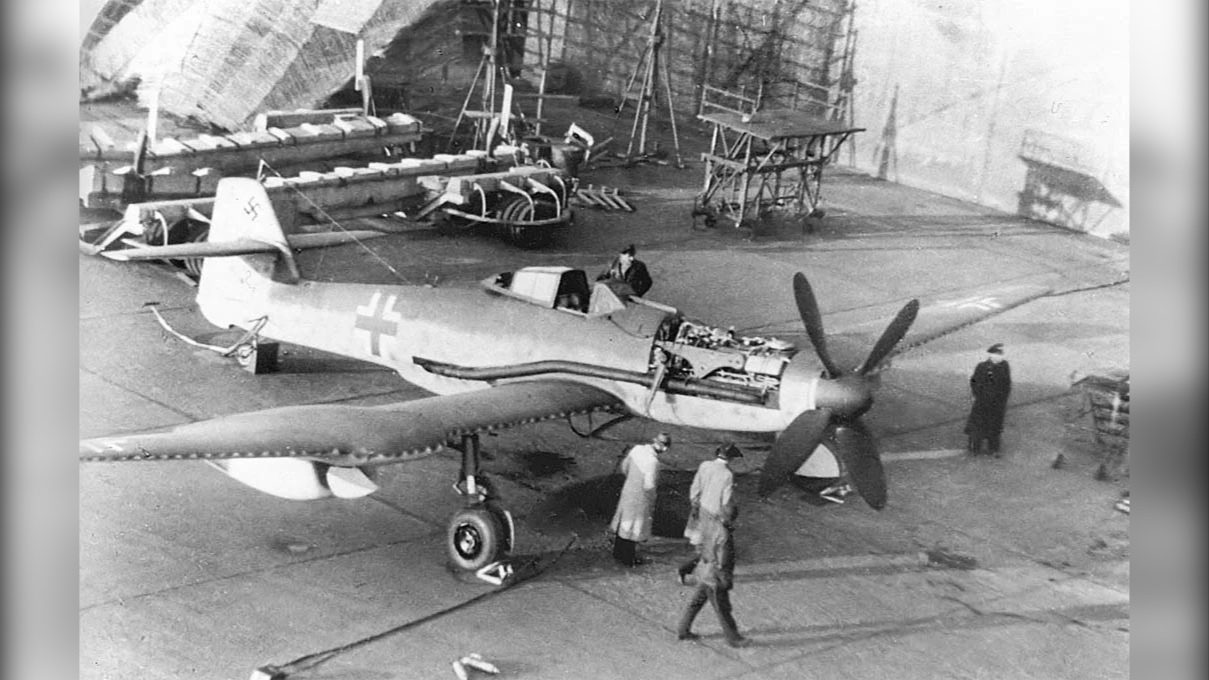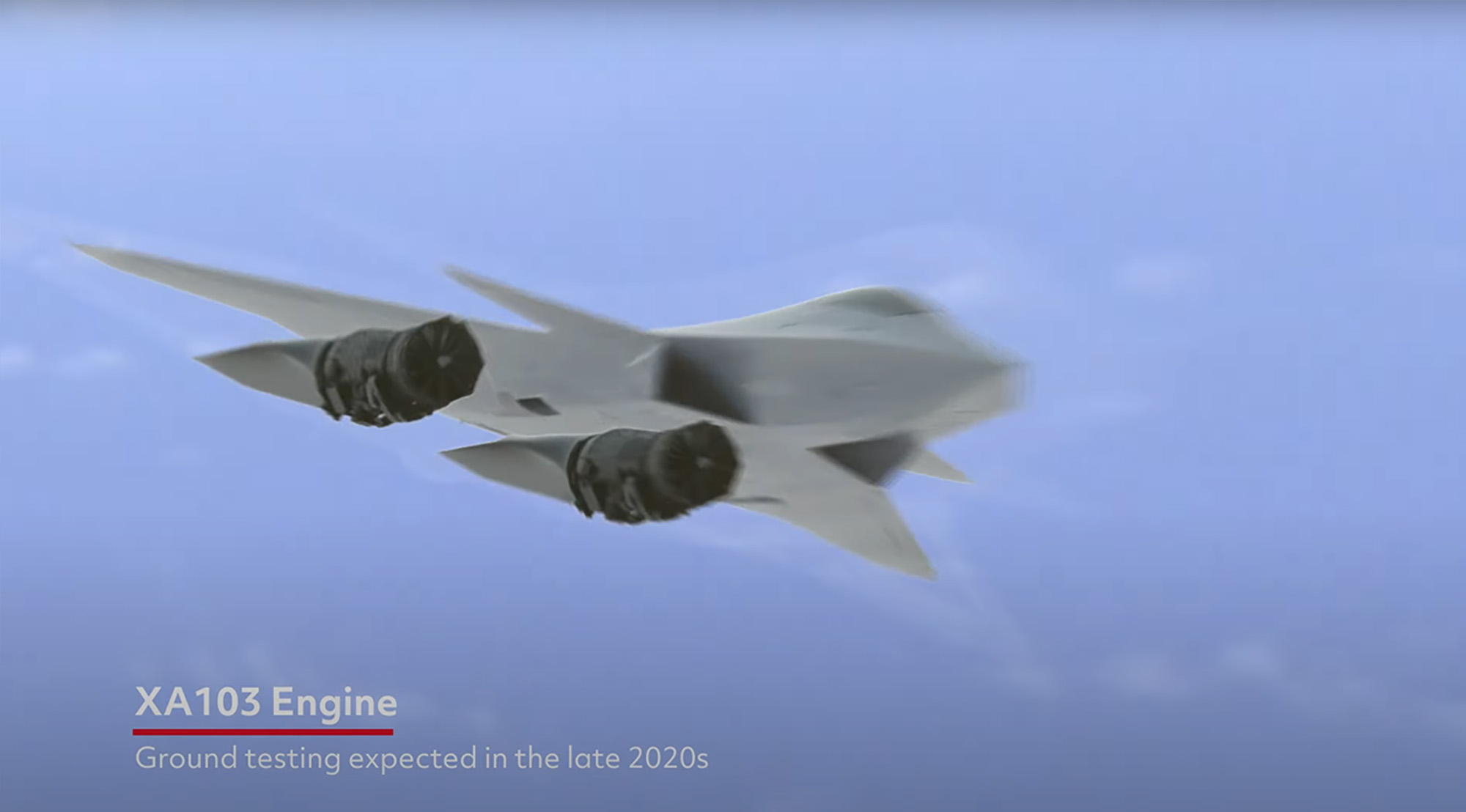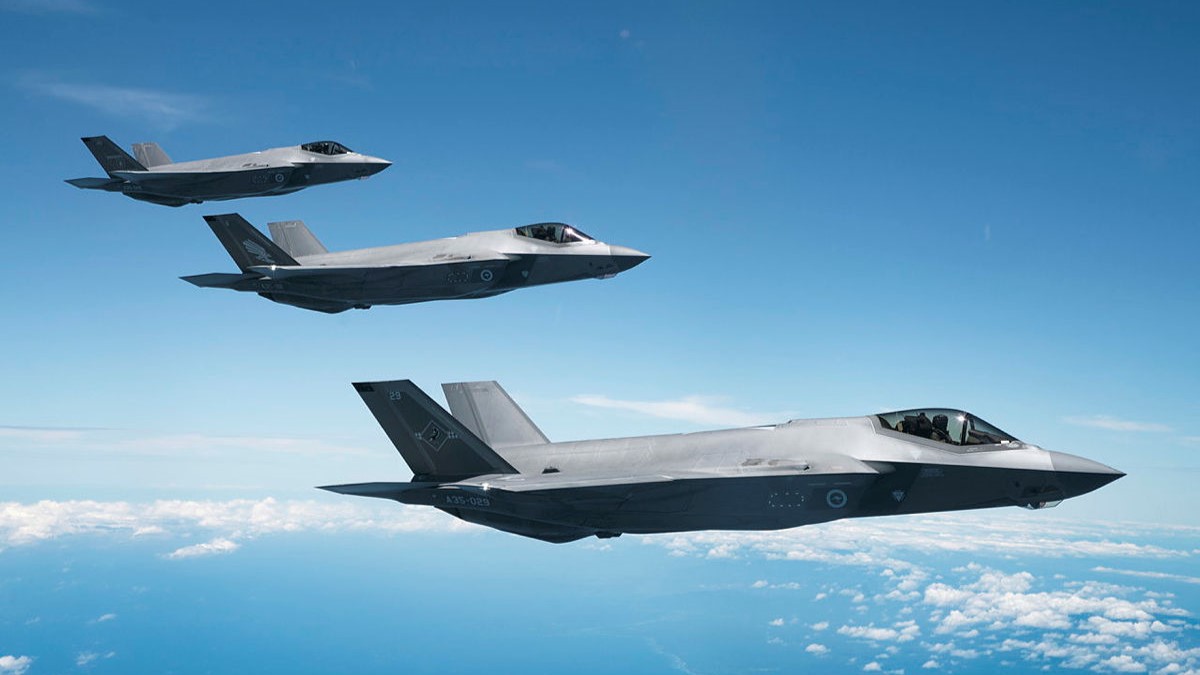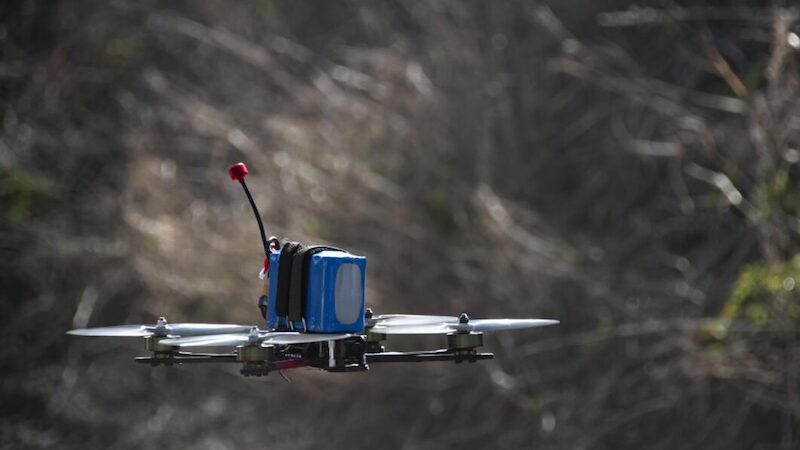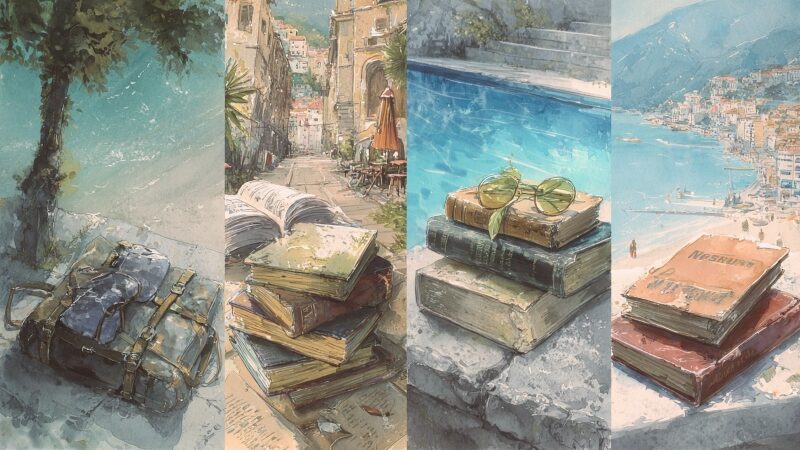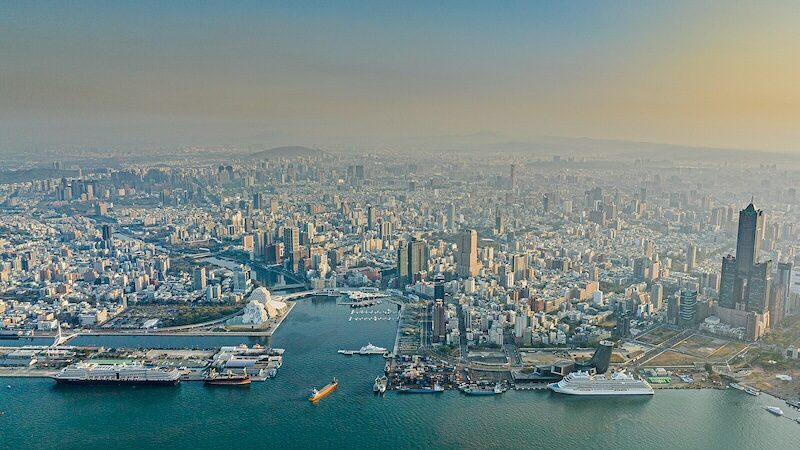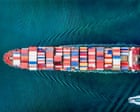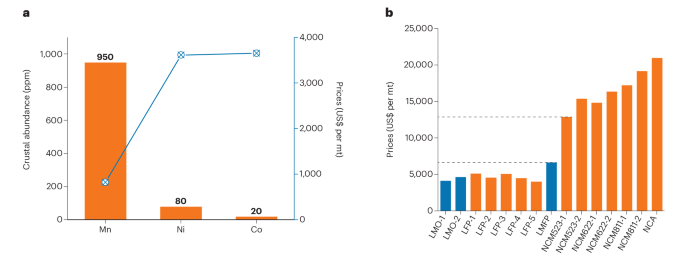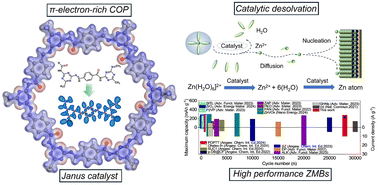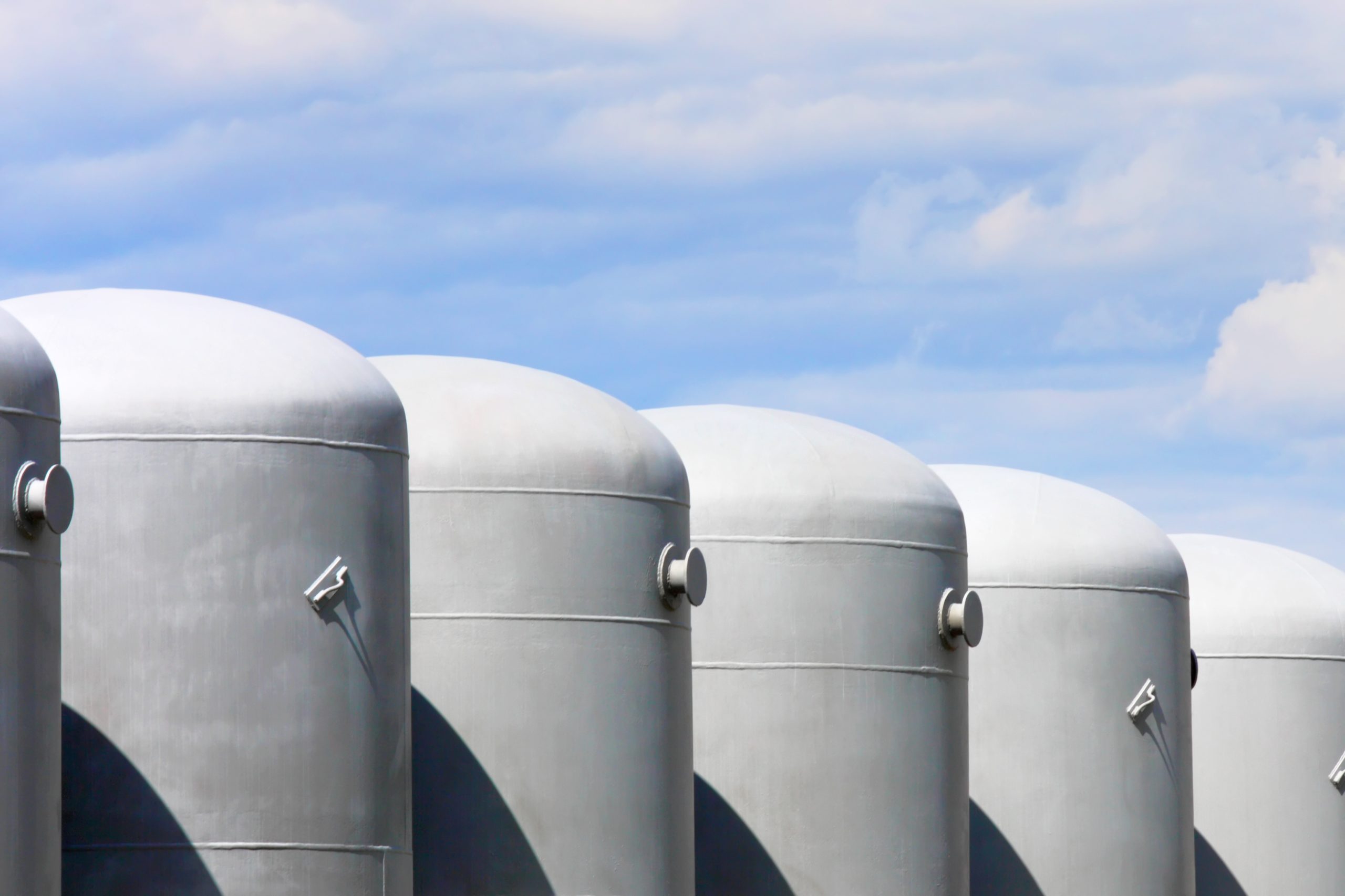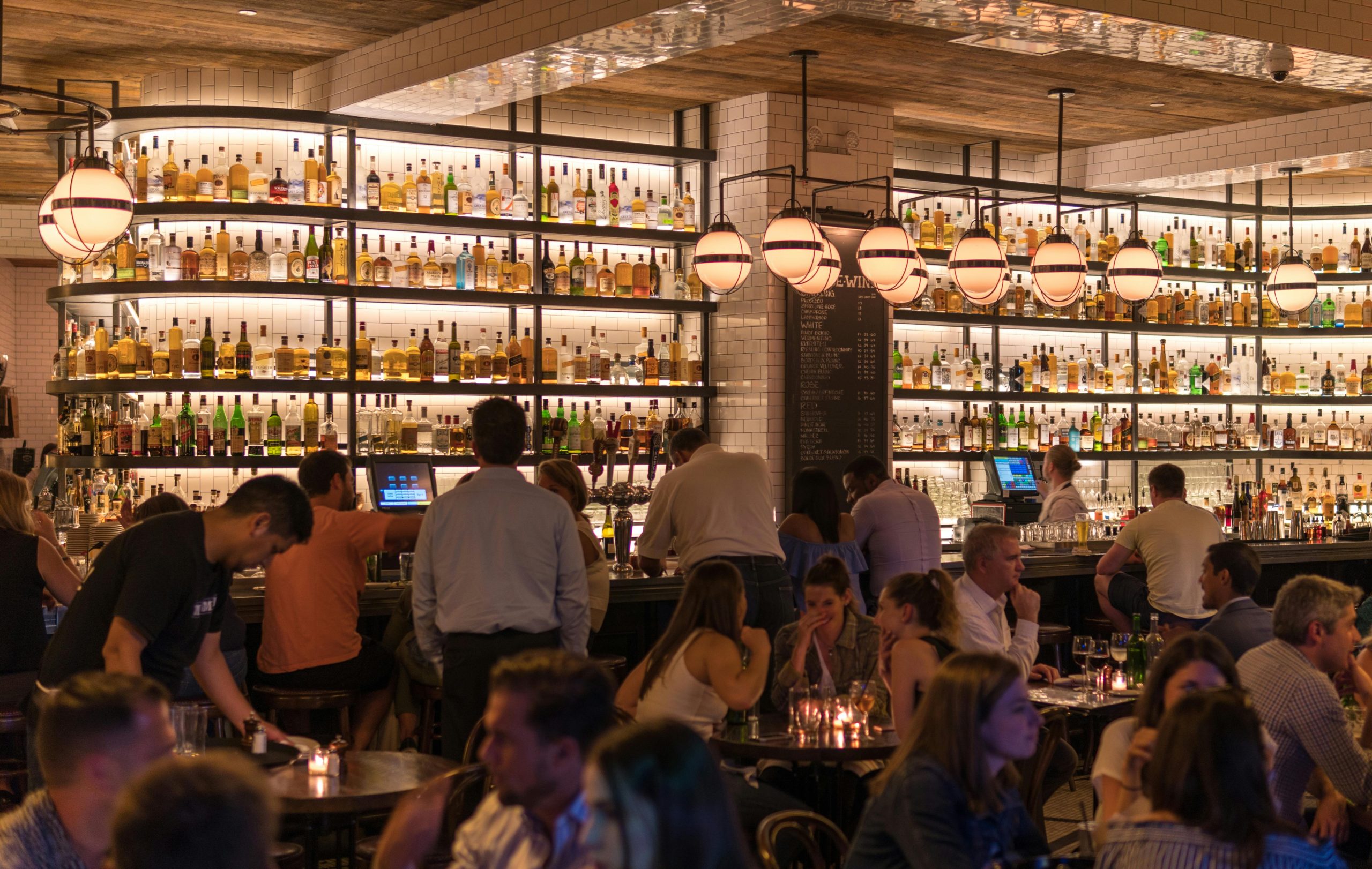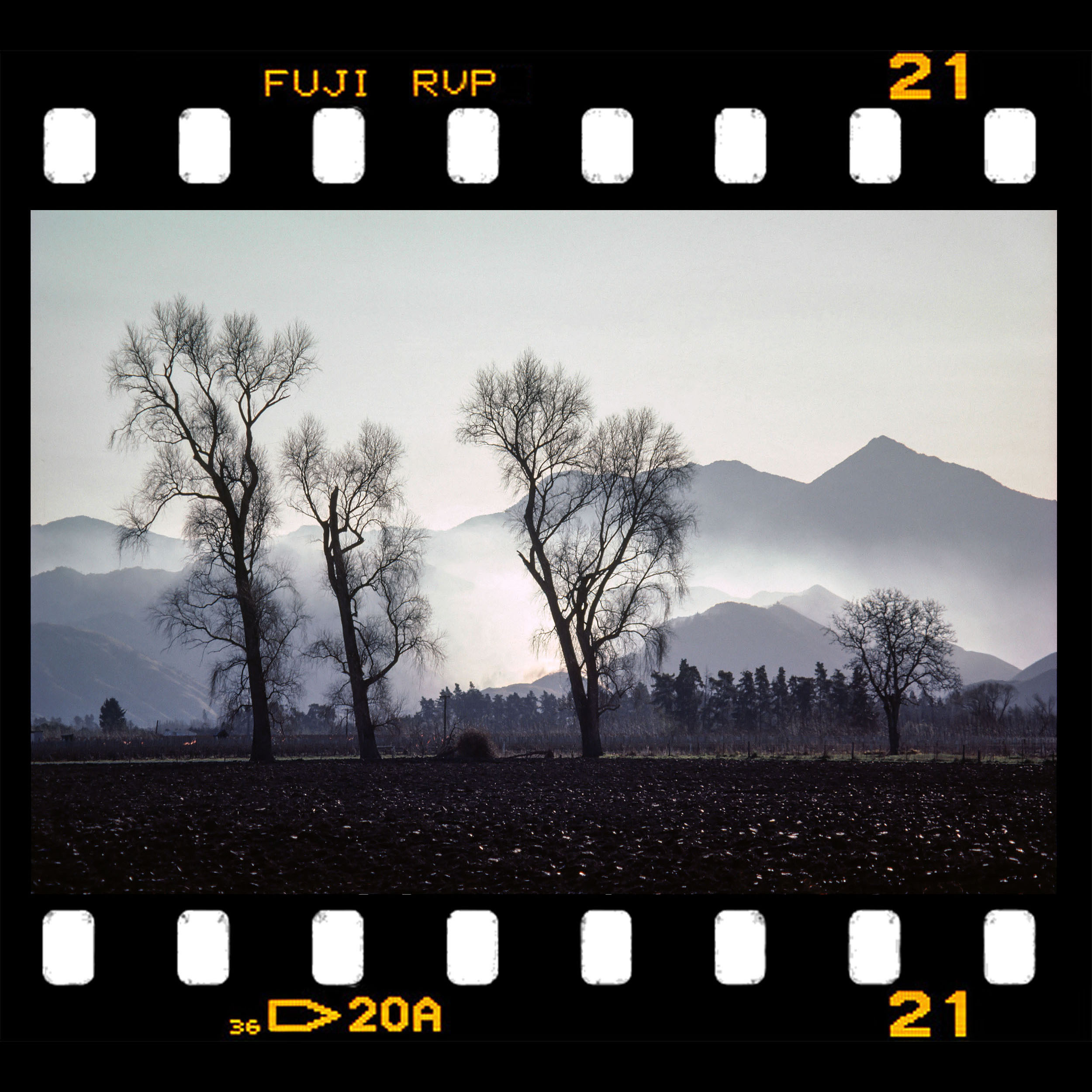Leona De Pasquale reports from London on a quietly groundbreaking evening that shone a spotlight on a little-known but increasingly ambitious wine region: Taiwan.
Earlier this month, I had the privilege of presenting the world’s first Taiwanese wine masterclass at the WSET School London. The session sold out within weeks, drawing a full room of curious wine enthusiasts. Some were planning trips to Asia, while others were simply intrigued by the unknown. A handful were studying for WSET qualifications, a sign that Taiwanese wine is gaining interest beyond its usual circles.
The timing of the inaugural masterclass was no accident. Iris Fabre, events coordinator at WSET School London, explained that the organisation is making room for stories that challenge the standard curriculum. “Taiwan is a great example of viticultural innovation in a subtropical climate,” she said. “It’s exactly the kind of subject we want to highlight: unfamiliar grapes, extreme conditions and a unique approach to quality winemaking.”
This fits with WSET’s recent focus on lesser-known regions. Previous tastings on Luxembourg, Corsica and Switzerland also sold out quickly. “There’s something exciting about showing wines not widely available in the UK,” Fabre said.
Taiwan’s wines may be unfamiliar, but their story is compelling. I began the session with a brief history of the island’s viticultural past, shaped by waves of colonial influence. From Dutch and Spanish occupation to Chinese and Japanese rule, Taiwan’s agricultural development has long been tied to politics.
From 1922, during the Japanese era, a state-run alcohol monopoly controlled production, reducing grape growing to a numbers game. This system lasted for 80 years beyond Japan’s departure in 1945. More than 3,000 hectares were planted, mostly for mass-market table wine. Private winemaking largely disappeared.
That began to change in 2002, when Taiwan joined the WTO and liberalised its alcohol industry. Many farmers switched crops with government support, but a few stayed. Today, around 100 hectares remain, cultivated by determined, often family-run producers.
At the tasting, I introduced two of Taiwan’s most respected estates: Weightstone Winery and Domaine Shu Sheng. We explored seven wines, all made from hybrid grapes, which expressed not only place but also perseverance and identity.
In Taiwan, hybrids aren’t a stylistic choice but a necessity. While local palates favour bold aromatics like lychee, these grapes are used mainly for survival. Disease pressure is high due to extreme humidity and over 2,000 mm of annual rainfall. Vitis vinifera simply struggles.
Two harvests per year — summer (June–July) and winter (Jan–Feb) — are common, but stress vines. Mild winters lack sufficient chilling hours, disrupting dormancy. Although the winter crop often yields better fruit due to drier conditions, typhoons can damage canes and delay pruning, reducing yields. Summer grapes are picked early to avoid storms.
Golden Muscat and Black Queen, introduced in the mid-20th century, laid the groundwork. But Taiwan’s real strength lies in government-developed hybrids bred specifically for these conditions. Five exist so far, with Musann Blanc showing the greatest commercial promise.
A distant relative of Muscat Hamburg, Musann Blanc combines lychee aromatics reminiscent of Gewürztraminer with bright acidity. It lies at the heart of Weightstone Winery, founded in 2010 by Ben Yang, who believed native hybrids could earn global recognition.
He planted vines at 500 metres in Puli, central Taiwan. After his sudden death in 2012, his daughter Vivian — with no winemaking background — took over. By 2018, her wines were winning international awards.
We began the tasting with Weightstone’s Gris de Noirs 2021, a traditional method sparkling rosé made from 70-year-old Black Queen vines from their grower partners. Dry and elegant, it would sit comfortably among premium New World sparklers.
Next came WE White No.4 (imported by Diogenes the Dog), a vibrant blend of Golden Muscat, Mehone and Musann Blanc. These grapes were selected as much for resilience as for character.
Then the 2022 Musann Blanc, textured and fruit-forward, with complexity from wild yeast fermentation and lees ageing. It demonstrated that hybrids can yield wines of finesse and depth.
Next, we turned to Domaine Shu Sheng. The estate is named after founder Hung Chi-Pei’s grandfather, a pioneering grape farmer in the 1950s. While others abandoned vineyards post-2000, Hung preserved his. Since 2004, Professor Chen Chien-Hao has guided the winery, blending technical precision with inspiration from Madeira. In 2015, Shu Sheng became the first Taiwanese winery to win an international gold medal.
Though best known for its fortified wines, Professor Chen recently released the Kyoho Rouge 'Spring Breeze Cask Finishing' 2024, a collaboration with chef Thomas Chien of the eponymous Michelin Green Starred
restaurant in Taiwan. It uses winter-harvested Kyoho grapes affected by millerandage, whose uneven berry size makes them unsellable. Juicy and crunchy, the wine is reminiscent of Beaujolais Nouveau.
The evening concluded with Shu Sheng’s fortified wines. Moscato Oro Vino Fortificato, aged under corrugated tin roofs, offered dried tropical fruit, spice and caramelised peel — unmistakably subtropical.
The Vino di Formosa Rosso, made from Black Queen and aged for seven years, featured a label in five languages, a tribute to Taiwan’s layered colonial past.
At the heart of Shu Sheng is Professor Chen: winemaker, academic and cultural archivist. He believes winemaking is a form of cultural preservation. His work is as much about mentoring growers as it is about making wine.
There are two quotes which capture Taiwan's wine journey, both of which I shared as the evening ended. In the words of Professor Chen: “Wine is the fruit of time.”
For
Kevin Lu, Taiwan's first Master Sommelier: “The first generation often faces the harshest criticism, but the true expression of their efforts is revealed in the second or third.” Both remarks speak to the quiet transformation shaping Taiwan’s emerging wine identity.
This masterclass was more than an introduction. It was a call to embrace new voices. Taiwan’s wines may never be made at scale, but they are boutique, precise and proudly local. And if London’s response is any indication, the trade should be watching closely.
